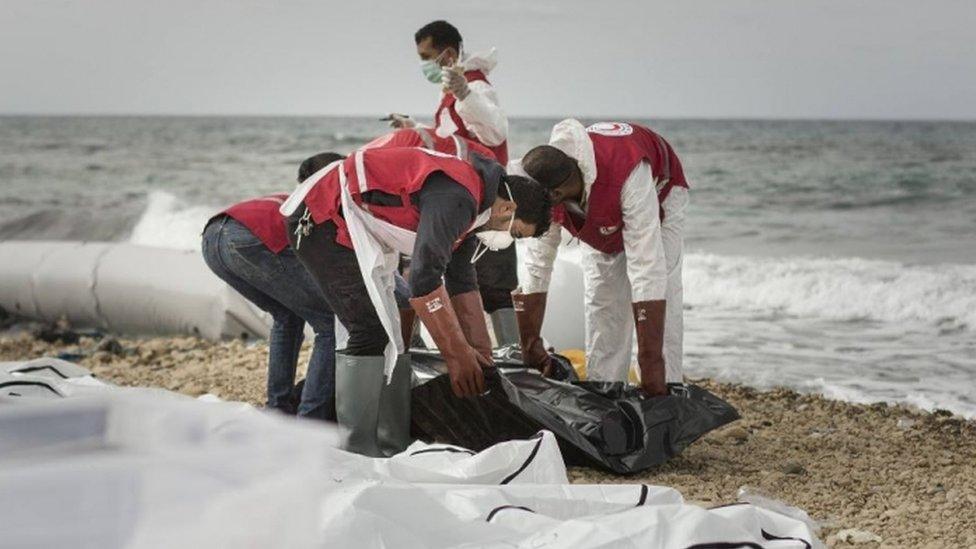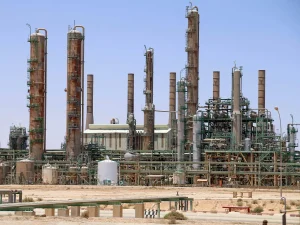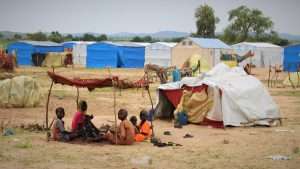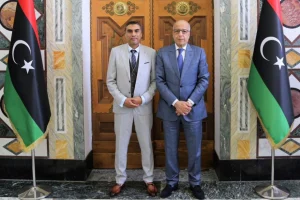EU commits $135 million to Tunisia in effort to address migration crisis

In this photo provided by the Tunisian Presidency, Tunisian President Kais Saied, centre right, shakes hands with European Commission President Ursula von der Leyen, centre left, during a joint press conference with Netherlands' Prime Minister Mark Rutte, left and Italian Prime Minister Giorgia Meloni, at the presidential palace in Carthage, Tunisia, Sunday, July 16, 2023. European leaders and Tunisia’s president have announced progress in the building of hoped-for closer economic and trade relations and on measures to combat the often lethal smuggling of migrants across the Mediterranean Sea. (Tunisian Presidency via AP)
The European Union (EU) has announced its commitment to provide Tunisia with $135 million as part of an agreement aimed at addressing the issue of illegal migration on 22 September .
According to the Arab Weekly, Observers in Tunis have expressed concerns about what they perceive as the EU’s insufficient dedication to assisting Tunisia in its financial turmoil.
The European Commission disclosed on 22 September, its plan to disburse 127 million euros to Tunisia, earmarked for combating illegal immigration from Africa to Europe. Of this amount, 60 million euros will be designated for budget support to Tunisia, while approximately 67 million euros will be allocated to enhancing Tunisia’s capacity to combat human trafficking and reinforce border controls, with disbursement scheduled for the near future.
In July, Tunisia and the EU formalized a “strategic partnership” agreement to tackle illegal migration in exchange for financial aid, as the number of boats departing from North Africa to Europe surged. Regrettably, this agreement remained unimplemented, with no funds distributed.
The European Commission has stated that this latest financial package will facilitate the refurbishment of search and rescue vessels, vehicles, and other equipment for the Tunisian coast guard and navy.
Additionally, it will aid Tunisia in addressing the issue of illegal migration from sub-Saharan Africa, collaborating with the United Nations, and assisting in the repatriation of migrants to their home countries.
The Commission also noted plans to provide new vessels, thermal cameras, and operational support, along with the necessary training.
European Commission President Ursula von der Leyen suggested in July that the Tunisian pact could serve as a model for similar agreements with other nations, as the EU grapples with unauthorized migrant flows across the Mediterranean.
READ: Disputes break out in Strasbourg over EU-Tunisia migrant deal
However, critics, including EU lawmakers, Tunisian opposition figures, and human rights activists, have raised objections to the deal, asserting that it will not effectively reduce migration but may strengthen President Kais Saied’s government, which they accuse of employing authoritarian tactics.
Tunisia has expressed reluctance to assume the role of Europe’s coast guard, and analysts in Tunis have voiced their disappointment over what they perceive as the EU’s insufficient commitment to aiding Tunisia in overcoming its financial crisis.
Arab Weekly and agencies
Want to chase the pulse of North Africa?
Subscribe to receive our FREE weekly PDF magazine














